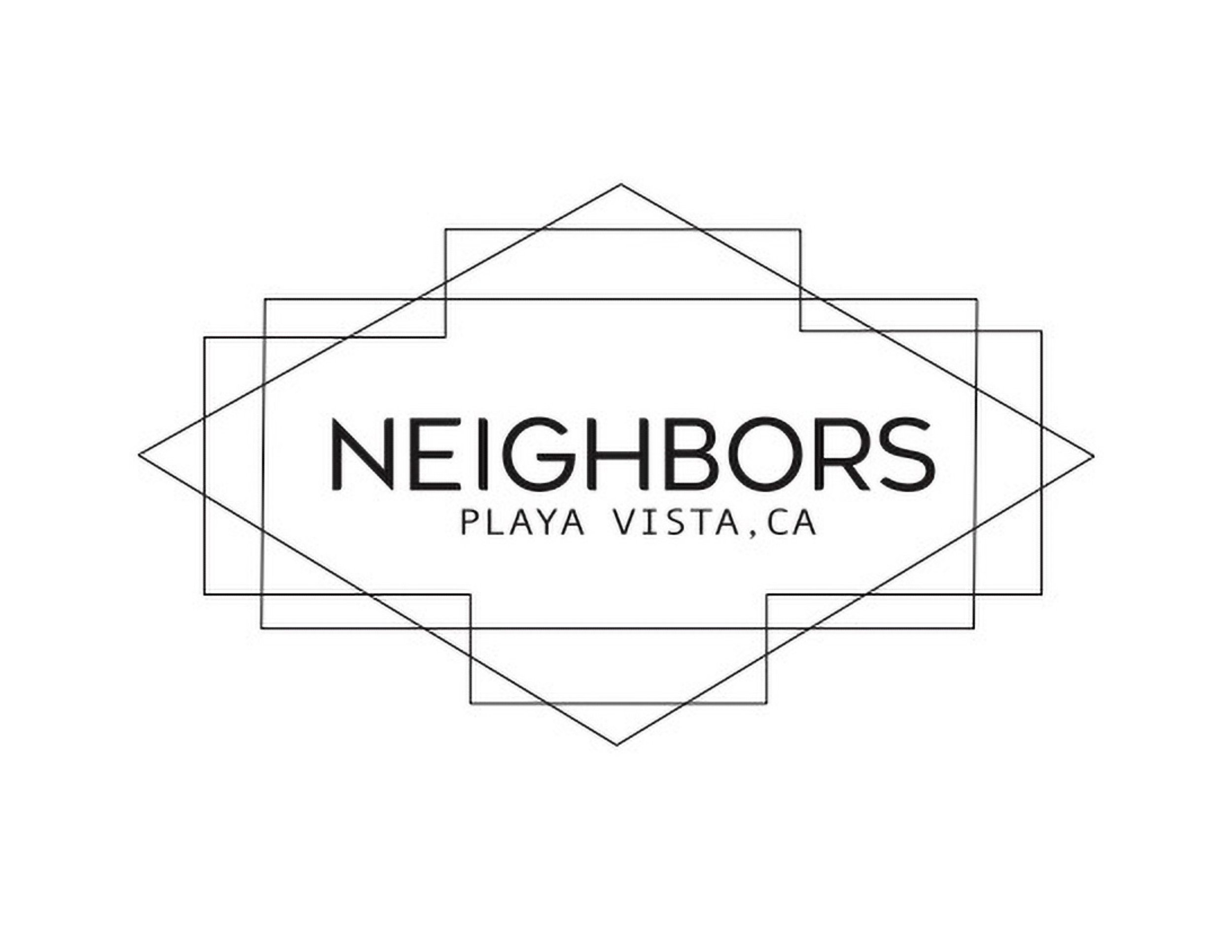Cheating neighbors is a complex social issue that affects communities worldwide. It involves situations where individuals betray the trust of their neighbors, leading to emotional distress and damaged relationships. This topic is crucial to explore as it impacts not only the individuals involved but also the overall harmony of a neighborhood.
In today's interconnected world, where people often live in close proximity, the dynamics between neighbors can significantly influence the quality of life. Whether it's borrowing items and not returning them, spreading rumors, or even engaging in more serious forms of betrayal, these actions can create tension and distrust in a community. Understanding why this happens and how to address it is essential for fostering healthier relationships.
This article delves into the causes of cheating neighbors, its effects on individuals and communities, and practical solutions to prevent and resolve such issues. By exploring various perspectives and providing actionable advice, we aim to empower readers to build stronger, more trusting relationships with their neighbors.
Read also:Gluck Gluck 5000 Meaning Origin And Cultural Significance
Table of Contents
- Introduction to Cheating Neighbors
- Common Types of Cheating Among Neighbors
- Psychological Reasons Behind Cheating Neighbors
- Impact of Cheating on Neighborly Relationships
- Effects on the Community
- Prevention Strategies for Cheating Neighbors
- Resolving Conflicts with Neighbors
- Legal Considerations in Neighbor Disputes
- Building Trust in Neighborhoods
- Conclusion and Call to Action
Introduction to Cheating Neighbors
Cheating neighbors is a growing concern in many communities. This behavior can take many forms, from minor incidents like borrowing items and failing to return them to more serious actions such as trespassing or even theft. The root causes of such behavior often stem from a lack of communication, misunderstandings, or deeper psychological issues.
Research shows that trust is a fundamental element of any community. When trust is broken, it can lead to feelings of betrayal, anger, and isolation. According to a study published in the Journal of Community Psychology, neighborhoods with higher levels of trust tend to have lower crime rates and better overall well-being. Understanding the factors that contribute to cheating neighbors is the first step toward creating a more harmonious environment.
Common Types of Cheating Among Neighbors
Minor Forms of Betrayal
Minor forms of cheating neighbors include borrowing items without permission, failing to return borrowed items, or not adhering to community rules. These actions may seem insignificant, but they can still cause frustration and damage relationships over time.
- Borrowing tools or equipment without asking.
- Not returning borrowed items in a timely manner.
- Ignoring noise complaints or other rule violations.
Major Forms of Betrayal
More serious forms of cheating neighbors involve actions that can have legal or financial consequences. These include trespassing, vandalism, or even theft. Such incidents can escalate quickly and require intervention from authorities or legal action.
- Trespassing on private property.
- Vandalism or intentional damage to property.
- Stealing personal belongings or valuable items.
Psychological Reasons Behind Cheating Neighbors
Understanding the psychological motivations behind cheating neighbors can provide valuable insights into this behavior. Experts suggest that factors such as envy, lack of empathy, or unresolved personal issues may contribute to such actions.
A study by the American Psychological Association highlights that individuals who feel socially isolated or neglected may be more likely to engage in behaviors that harm others. Additionally, people with low self-esteem or those seeking attention may resort to cheating as a way to gain control or validation.
Read also:Chat With Rich Old Man And Get Paid A Lucrative Opportunity
Impact of Cheating on Neighborly Relationships
Cheating neighbors can have a profound impact on interpersonal relationships. When trust is broken, it becomes difficult to rebuild those connections. This can lead to increased tension, reduced communication, and a general decline in the quality of life within the community.
According to a survey conducted by the Neighborhood Watch Institute, 65% of respondents reported experiencing some form of betrayal by their neighbors. The most common issues cited were lack of respect for personal property and failure to adhere to community guidelines.
Effects on the Community
The effects of cheating neighbors extend beyond individual relationships and can impact the entire community. When trust is eroded, it can lead to a decrease in social cohesion and cooperation. This, in turn, affects the overall safety and well-being of the neighborhood.
Social Isolation
As neighbors become more distrustful, they may withdraw from community activities or avoid interactions altogether. This can result in social isolation, which has been linked to various mental health issues, including depression and anxiety.
Increased Crime Rates
Communities with high levels of distrust may experience an increase in crime rates. When neighbors are unwilling to look out for one another or report suspicious activities, it creates an environment where criminal behavior can thrive.
Prevention Strategies for Cheating Neighbors
Preventing cheating neighbors requires a proactive approach. Encouraging open communication, setting clear boundaries, and promoting community engagement can help reduce incidents of betrayal.
- Establish clear community guidelines and expectations.
- Encourage regular communication between neighbors through community meetings or social events.
- Implement neighborhood watch programs to foster a sense of security and cooperation.
Resolving Conflicts with Neighbors
When conflicts arise, it's important to address them in a constructive manner. Mediation, open dialogue, and seeking legal advice when necessary can help resolve disputes effectively.
Mediation
Mediation involves a neutral third party facilitating a conversation between conflicting parties. This approach can help both sides express their concerns and work toward a mutually agreeable solution.
Legal Action
In cases where mediation is not effective, legal action may be necessary. Consulting with a lawyer or filing a complaint with local authorities can help resolve serious issues such as trespassing or vandalism.
Legal Considerations in Neighbor Disputes
Understanding the legal aspects of neighbor disputes is crucial for protecting your rights and property. Familiarize yourself with local laws and regulations regarding property boundaries, noise ordinances, and other relevant issues.
According to the National Association of Realtors, many disputes between neighbors can be resolved by referring to local zoning laws or homeowners association rules. However, in cases where these measures are insufficient, legal action may be required to enforce compliance.
Building Trust in Neighborhoods
Rebuilding trust in neighborhoods requires effort and commitment from all parties involved. Promoting positive interactions, encouraging community involvement, and fostering a culture of respect can help create a more harmonious environment.
- Organize community events to encourage social interaction and cooperation.
- Set up neighborhood communication platforms, such as online forums or social media groups.
- Recognize and celebrate positive actions by neighbors to reinforce good behavior.
Conclusion and Call to Action
Cheating neighbors is a complex issue that affects communities on multiple levels. By understanding the causes, effects, and solutions, we can work together to create safer, more trusting neighborhoods. Encouraging open communication, setting clear boundaries, and promoting community engagement are essential steps toward resolving conflicts and fostering positive relationships.
We invite you to take action by sharing this article with your neighbors and participating in community initiatives aimed at building trust and cooperation. Together, we can make a difference in creating a more harmonious and supportive environment for everyone.
.jpg?format=1500w)

